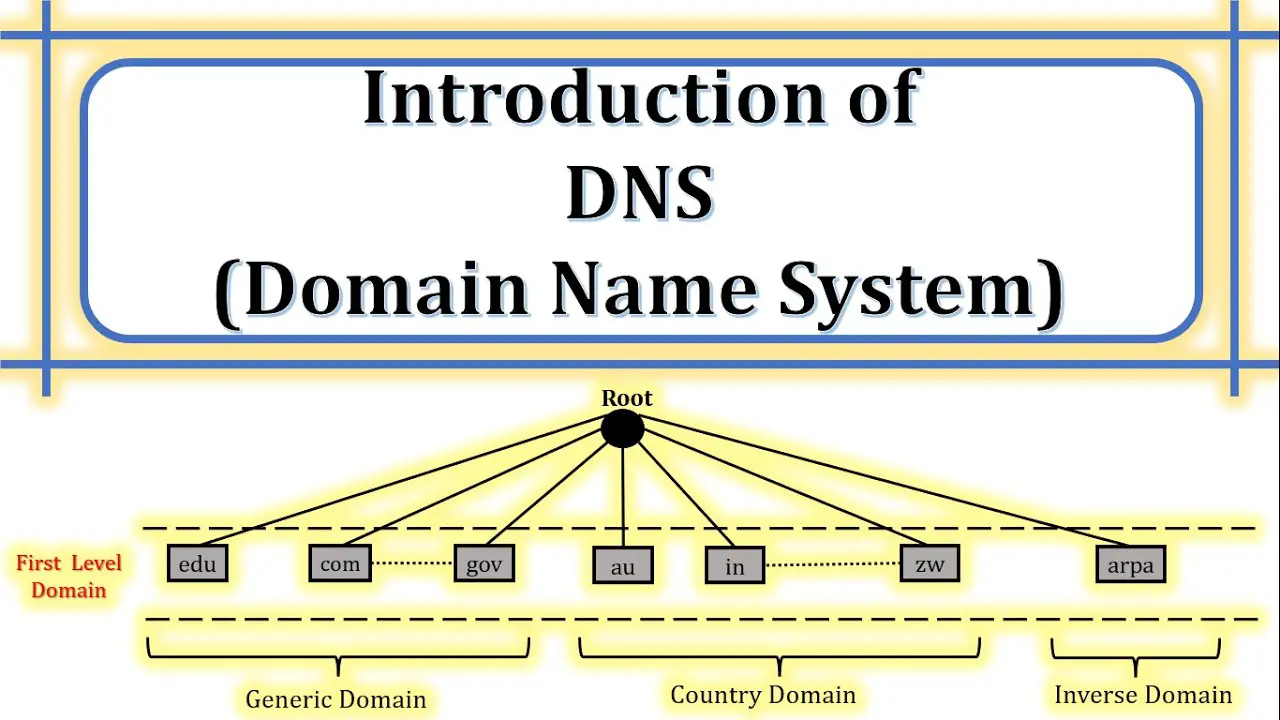Mukesh Ambani, the prominent Indian business magnate and Chairman of Reliance Industries, has been associated with various controversies over the years. One notable controversy surrounds the launch of Reliance Jio Infocomm in 2016, which disrupted the Indian telecom industry. While hailed for providing affordable data services, Ambani faced criticism for alleged predatory pricing, anti-competitive practices, and accusations of influencing regulations in favor of Reliance Jio. Additionally, Ambani’s involvement in the 2G spectrum allocation scam raised eyebrows, with claims of undue benefits to Reliance Communications. The controversy led to investigations, but Ambani denied any wrongdoing. Furthermore, Ambani faced scrutiny regarding the Rafale deal between Reliance Defence and Dassault Aviation. Critics questioned the selection of Reliance as an offset partner, alleging favoritism and lack of experience in aerospace manufacturing. Despite these controversies, Mukesh Ambani remains a prominent figure in the business world, and his contributions to India’s economy and technological landscape continue to be both celebrated and debated.
Mukesh Ambani, the chairman and largest shareholder of Reliance Industries Limited, stands as one of the most prominent figures in the Indian business landscape. With a net worth consistently ranking him among the wealthiest individuals globally, Ambani’s success is undeniable. However, behind the glittering facade of success lies a trail of controversies that have both intrigued and incited debate. In this comprehensive article, we will delve into the various controversies surrounding Mukesh Ambani, attempting to unravel the complex tapestry of his business legacy.
1. Antilia – The Extravagant Residence:
At the heart of the controversies surrounding Mukesh Ambani is his opulent residence, Antilia, located in South Mumbai. Named after the mythical island of Antilia, this 27-story skyscraper is not just a symbol of wealth but also a subject of intense scrutiny. Critics argue that the staggering cost of constructing and maintaining Antilia is an extravagant display of wealth in a country marked by stark income inequality. The controversy further escalated when reports emerged about the alleged violation of coastal regulation norms during the construction of Antilia. Questions were raised about environmental clearances and the impact of such a mammoth structure on the local ecosystem. Ambani’s response to these allegations has been met with mixed reactions, adding fuel to the ongoing debate about the responsibilities of the ultra-rich towards society and the environment.
2. Jio’s Disruptive Entry and Net Neutrality Concerns:
Mukesh Ambani’s foray into the telecommunications sector with Reliance Jio has been a game-changer, revolutionizing the industry and bringing affordable data services to millions of Indians. However, this disruption did not come without its fair share of controversies, particularly regarding net neutrality. The launch of Jio led to a fierce price war among telecom operators, forcing many smaller players out of the market. While consumers benefited from lower prices, concerns were raised about the potential monopolistic practices of Reliance Jio and its impact on competition. The debate on net neutrality gained momentum as Jio offered certain services for free, leading to accusations of preferential treatment and violations of the principles of a free and open internet.
3. Allegations of Monopoly and Anti-Competitive Practices:
As Reliance Industries expanded its footprint across various sectors, allegations of monopolistic behavior and anti-competitive practices began to surface. The acquisition of Future Group’s retail assets sparked a legal battle with Amazon, which claimed that the deal violated contractual agreements. The case brought attention to the growing concentration of power in the hands of a few conglomerates and raised concerns about fair competition in the Indian retail market. Similar concerns arose in the case of Reliance’s acquisition of Netmeds, a prominent online pharmacy. The move was seen as a strategic expansion into the e-commerce space, intensifying the competition with established players like Amazon and Flipkart. Critics argue that such acquisitions may stifle competition, limit consumer choices, and undermine the principles of a free market.
4. Political Connections and Alleged Favoritism:
Mukesh Ambani’s close ties with the political establishment in India have not gone unnoticed. While business leaders often maintain relationships with policymakers, Ambani’s connections have been subject to heightened scrutiny. The perception of favoritism reached its peak during the controversy surrounding the Rafale deal, where Reliance Defence, a subsidiary of Reliance Group, was chosen as an offset partner by Dassault Aviation. Critics questioned the selection of Reliance Defence, a company with no prior experience in the defense sector, over other established players. The controversy fueled allegations of crony capitalism, with skeptics arguing that political connections played a pivotal role in securing lucrative deals. Ambani and the government vehemently denied any wrongdoing, but the incident added to the perception of a cozy relationship between big business and politics.
5. Environmental Concerns and Petrochemical Expansion:
Reliance Industries’ significant presence in the petrochemical industry has come under scrutiny due to environmental concerns. The company’s massive Jamnagar refinery, one of the world’s largest, has faced allegations of environmental violations, including air and water pollution. Local communities near the refinery have raised health concerns, attributing respiratory issues and water contamination to the industrial activities. Moreover, Reliance’s plans for further expansion in the petrochemical sector, including the proposed development of a new refinery in Maharashtra, have faced opposition from environmental activists. The concerns revolve around the ecological impact of such expansions, particularly in ecologically sensitive areas. Ambani’s ability to navigate these environmental challenges while ensuring sustainable practices will likely continue to be a focal point of controversy.
6. Retail Dominance and Alleged Unfair Business Practices:
Reliance Retail’s rapid expansion and acquisition of numerous retail chains have positioned the company as a dominant player in the Indian retail sector. However, this growth has not been without controversy. Competitors and small businesses have raised concerns about alleged unfair business practices, including predatory pricing and anti-competitive behavior. The controversy surrounding Reliance Retail underscores the challenges of maintaining a balance between business growth and fair competition. It calls for a reexamination of competition laws and regulations to ensure a level playing field for businesses of all sizes.
7. Farm Bill Protests and Link to Reliance:
The contentious farm bills introduced by the Indian government in 2020 triggered massive protests from farmers across the country. Mukesh Ambani found himself embroiled in the controversy when some farmers expressed concerns about the bills benefiting large corporations, including Reliance. Accusations of Ambani’s close ties with the government and his alleged role in shaping agricultural policies intensified the protests. This controversy highlights the complex interplay between business, politics, and public welfare, raising questions about the ethical responsibilities of corporate giants in influencing policy decisions.
Conclusion
Mukesh Ambani’s journey as a business tycoon is marked not only by towering success but also by controversies that have shaped his legacy. From the extravagant Antilia to the disruptive entry of Jio and the web of political connections, Ambani’s business decisions have sparked intense debates on wealth inequality, corporate ethics, and the role of business magnates in shaping the socio-economic landscape. As the controversies surrounding Ambani continue to evolve, it remains to be seen how he and his conglomerate address the myriad challenges. Whether it’s navigating legal battles, environmental concerns, or addressing questions of fairness and competition, Ambani’s ability to strike a balance between business success and societal responsibility will ultimately determine the lasting impact of his legacy.







Leave a Reply